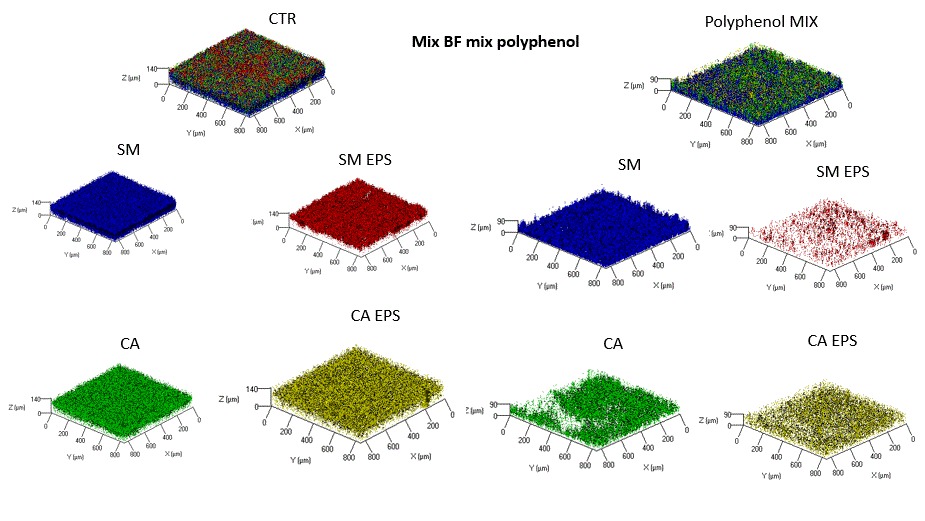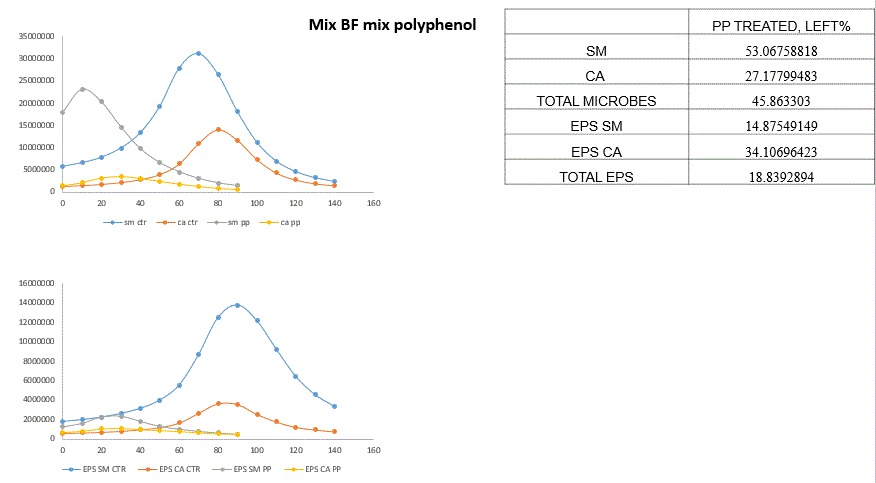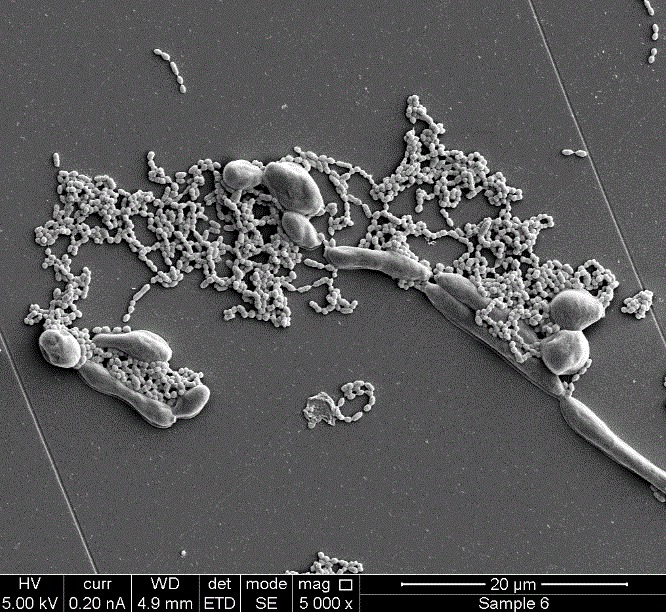IADR Abstract Archives
Can polyphenols affect mixed bacteria-candida dental biofilms?
Objectives:
Methods:
Results:
Conclusions:
To find novel and natural substances to fight dental biofilm for the prevention of caries, white spot lesions, oral candidiasis, gingivitis and periodontitis among orthodontic and general patients.
Methods:
Dental biofilms of different types (e.g.; Streptococcus mutans, Candida Albicans separately or as mixed biofilms) were grown in the presence of different types of polyphenols. Development of biofilms was tested spectrophotometrically after crystal violet staining and by confocal scanning laser microscopy (CSLM). Biofilms morphology was demonstrated using a high resolution scanning electron microscopy magnification. Exopolysaccharides (EPS) secretion was demonstrated and quantified using a computerized analysis of CSLM. The biofilm was also tested on orthodontic PVC surface (Essix) to assess biofilm inhibition ability on orthodontic appliances
Results:
Among the different polyphenols checked, polyphenon from green tea (PPFGT) and PADMA HEPATEN, a traditional Tibetan herbal infusion, had shown the most significant, dose dependent inhibition of biofilm formation and its ability to secrete EPS.
The combination of the two polyphenols inhibited the growth of C. albicans and S. mutans by 88% and 53%, and their EPS secretion by 74% and 92% respectively. The combination of the two polyphenols showed the best anti biofilm effect, therefore, a synergistic mode of action between the two substances is possible. The combination had a specific biofilm inhibitory effect and did not trigger death of planktonic cells.
The combination of the two polyphenols inhibited the growth of C. albicans and S. mutans by 88% and 53%, and their EPS secretion by 74% and 92% respectively. The combination of the two polyphenols showed the best anti biofilm effect, therefore, a synergistic mode of action between the two substances is possible. The combination had a specific biofilm inhibitory effect and did not trigger death of planktonic cells.
Conclusions:
The natural PADMA-HEPATEN and PPFGT polyphenols extractions have significant inhibition on multi-kingdom dental biofilm formation. In an era of an ongoing increase in bacterial resistance to antibiotics, the use of natural substances which inhibit biofilm development in a specific manner, without the killing of the cells is a novel therapeutic concept. This application is most suitable for children as orthodontic patients, can slow the ever growing bacterial resistance to antibiotics and can shed light on new biofilm inhibition mechanisms.



